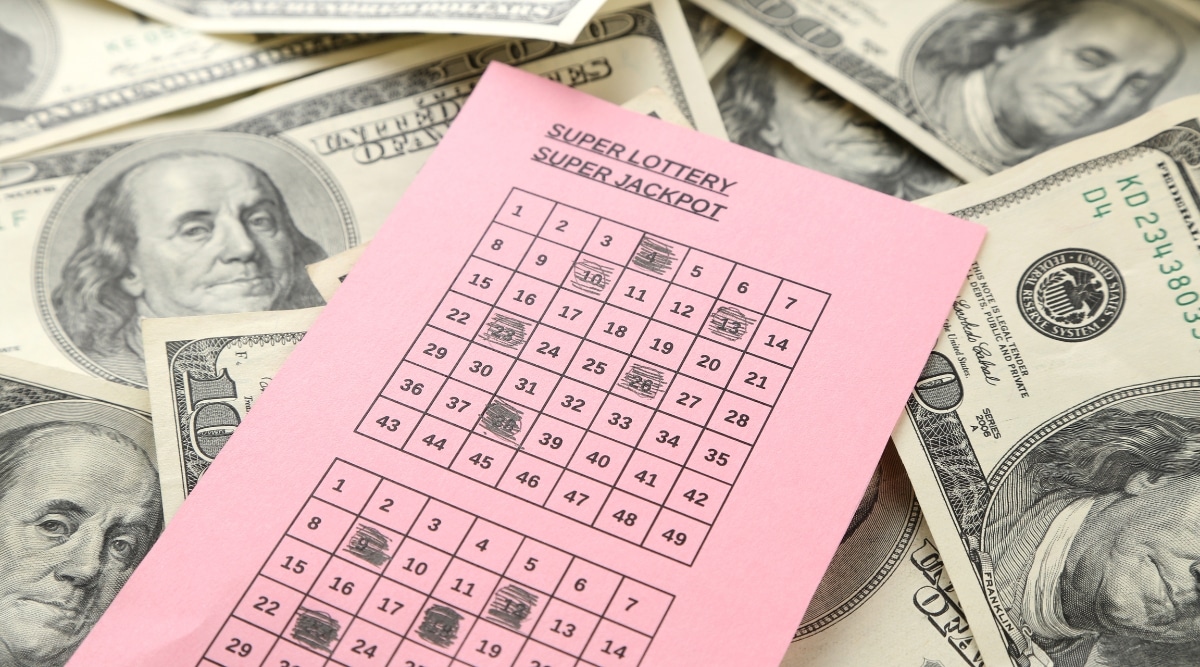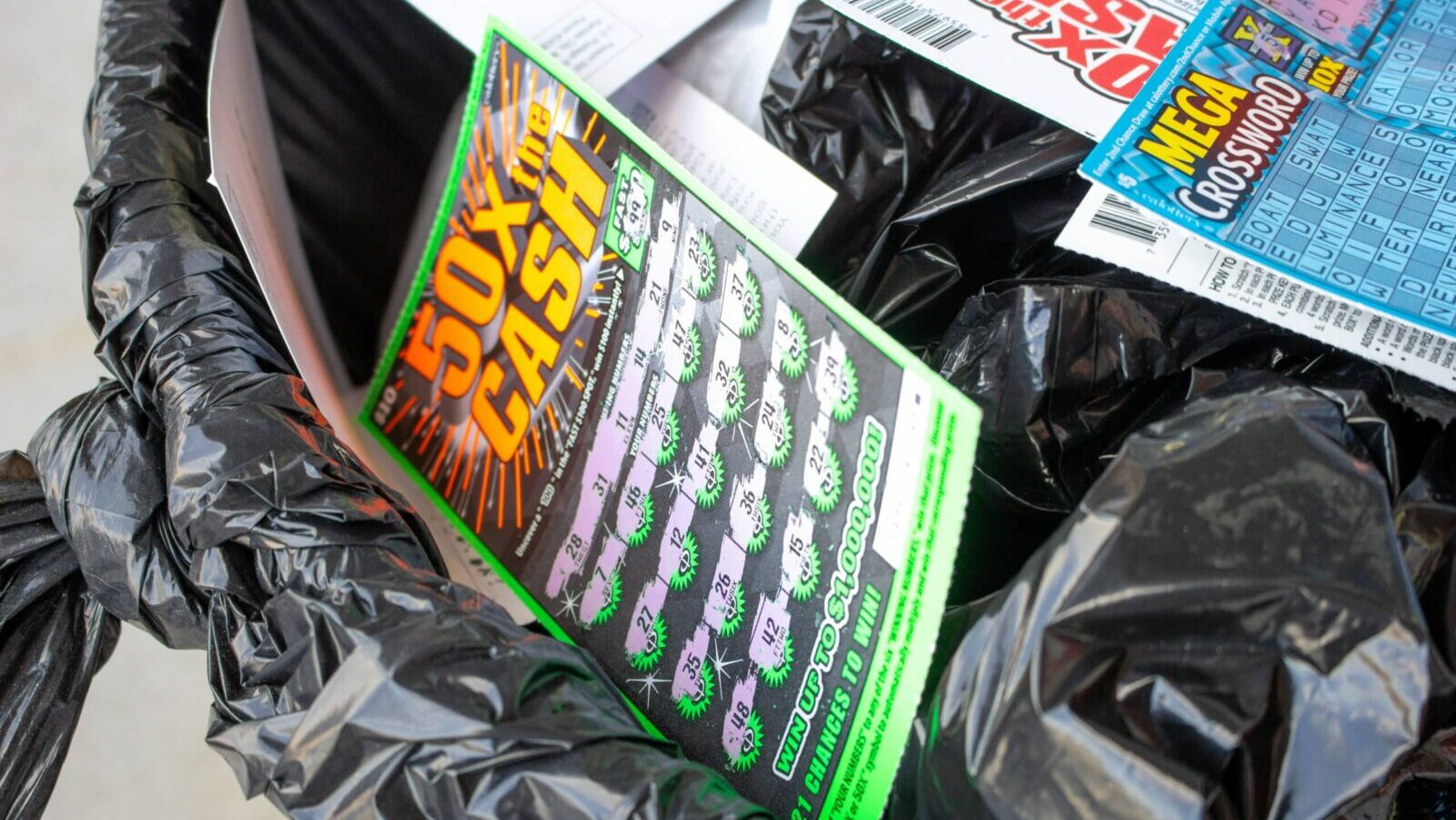The most memorable scene of the 1991 semi-biographical movie “29th Street” takes place at the beginning. Newly minted lottery winner and real-life New Yorker Frank Pesce — unhappy despite his great luck — throws snowballs at his local church. It’s a great hook for all the right reasons: Why would such a lucky guy be so sad?
It’s also based on a lie.
When “29th Street” first came out, it received modest reviews for its warm depiction of the real-life Pesce, a character actor whose credits included “Top Gun” and “Beverly Hills Cop.” The Chicago Tribune likened the film to “a cross between ‘It’s a Wonderful Life’ and ‘GoodFellas,’” while The New York Times commented on its “O.Henry-style ending.”
Character actor veteran Danny Aiello garnered praise for his performance as the film’s patriarch, while the film’s domestic scenes attracted attention for their depiction of Italian family life. Their broad comedy also gave Pesce a chance to shine as Vito (his brother in real life). However, Pesce himself was played by the affable Anthony LaPaglia. “LaPaglia is likable and reasonably discreet in his effects, equipped with a goofy smile and a perpetually quizzical, bemused expression,” wrote the Tribune at the time.
Though “29th Street” isn’t “The Godfather” or “Rocky” — or even “My Cousin Vinny,” for that matter — it still remains a pleasant diversion with a heartwarming, if corny, story. If only the central conceit about its character winning the lottery were true, it would be even better.
In the film, Pesce (the character) is a supernaturally and comically lucky man who naturally wins more than $6 million in the New York State Lottery. The development then causes friction with Pesce’s luckless and miserable father, providing fuel for the film’s plot. And though some Pesce fans still believe the movie was completely true, the reality — according to Pesce himself — is that Pesce never won that money. He did, however, enter the first-ever New York State Lottery. He was even offered $10,000 for his lottery ticket, just like his character was offered money for his ticket in “29th Street.” But the real-life Pesce’s father convinced Pesce not to sell his ticket.
“I held onto the ticket,” Pesce told the Los Angeles Times in 1991. “I went to the drawing at Madison Square Garden and I won beans. I said to my father, ‘Are you happy now? I told you I should have sold the ticket.’ ”
Though he didn’t have a happy ending in real life, Pesce at least spun a fun movie out of the ordeal. He got the idea while working as a bit actor on “Who’s the Boss?”
“I hate those kind of endings where people sit there and say, ‘I know what’s going to happen. He’s going to lose the money,’” Pesce said in the same interview. So, he decided to change the ending in an homage to Frank Capra flicks. He added to the Times: “Do you think I would be making movies if I won all that money?”
Pesce, of course, went on to sell his idea — but not without the help of his friend, the late James Franciscus. “He gave me $3,000 out of his pocket and said, ‘When we sell the story you can give it (the money) back to me.’ He put his money and his heart where his mouth was. He knew the story was a killer,” Pesce said.
Pesce also used some unorthodox negotiating techniques. While he had a producer pitching his ideas to Fox and United Artists, Pesce went on to try his hand with Paramount. Both men were successful, leading to a legal headache. “The litigation departments are still trying to unravel the insanity that I did,” he said. “There’s a movie yet to be made about what I went through to make this movie.”
Still, the gamble paid off, and Pesce went on to appear in many more films until his death in 2022. One might also say that Pesce, who helped write the screenplay for “29th Street,” was an effective storyteller, as certain content mills still believed Pesce really did win that lottery, even 31 years after it came out.









